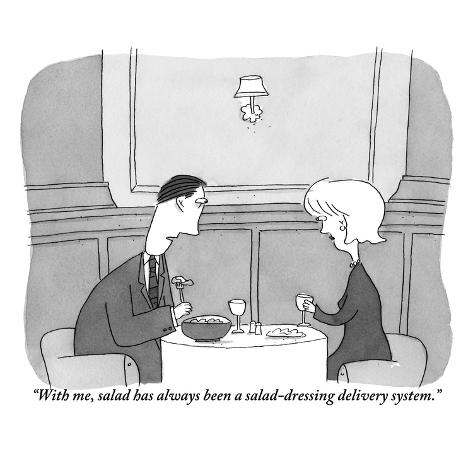I'm glad to hear you're cleared to go back to work, and I'm still worried you're going to overdo it. I know that there really isn't any light duty without the company giving you a full-time helper, so they're not inclined to do it. It would be nice, though, since you've been there for such a long time. Mom said you're keeping a closer watch on your kidney function than you have in the past. I hope that if you see any signs of new problems, you'll see to it immediately. I know that's easier said than done since it's hard enough to keep post-surgical appointments!
Anyway, I think you'll get a kick out of this story:
 |
| OneTouch UltraMini kit. |
As I was going through the most recent box of samples, it occurred to me that while I'd seen blood glucose testing done and had known the basic mechanics of it, I had no idea what it was like to experience it. Today was the day to change that.
So I opened up the meter. It looked pretty simple. On the box, it promised me that it would be fast and simple to use.
 |
| Those are just for the lancer! |
Once I got it set up, I learned that my cold fingers didn't want to give up blood, so it took multiple sticks.
And then I freaked myself out. I mean, I knew I hadn't had anything more than coffee yet, but 56 was alarmingly low. I ate immediately for fear I was gonna pass out. Was it safe for me to be home alone?! My cats just aren't useful in these situations.
 |
| Now panic! |
I did manage to smear on my first try since I had so much problem getting blood, so I restarted the process. This time, I messed it up by not having the test strip all the way in place before the blood hit it. So I had to do it again. A couple of hours and more food later, I'm hanging out at a reasonable post-meal level.
I may not be a genius, however I am extremely literate and have good background knowledge for how to do this and I still messed it up. I initially failed at the finger stick, blood collection, and strip insertion--all points at which neuropathy, vision loss, and limited manual dexterity would have made it exponentially more difficult.
 |
| That's better. |
I promise I will be more understanding when you tell me you aren't testing as frequently as diabetes experts think you should.
Love,
Mel
 |
| My fingers do not consent to more testing. |
Did I mention that finger sticks hurt?





